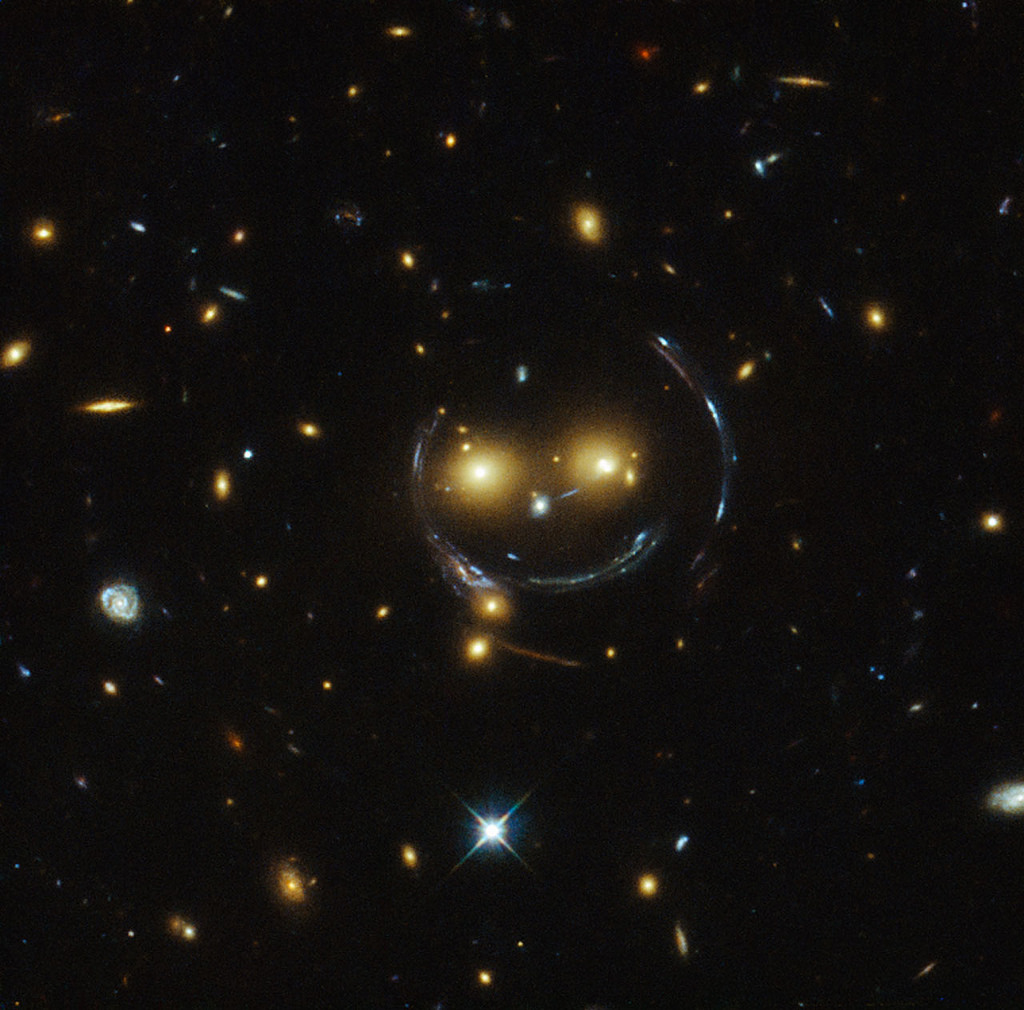
Vasudevan Mukunth is the science editor at The Wire.

Has the special theory of relativity been disproved?
No. But it’s disappointing that EurekAlert saw fit to carry the press release accompanying the ‘paper’ that made the startling claim. It’s impossible to call out all the specious claims being made everyday but quite possible and even more relevant to call out those who popularise it without necessary checks. EurekAlert is a service that also disseminates press releases from the journals Science and PNAS , with an audience that has come to trust what it puts out.
About the paper itself: it was titled ‘Challenge to the special theory of relativity’ and published in a quarterly journal named Physics Essays on March 1, 2016. Its abstract disputes the way the global positioning system currently works, writing:
It is a mistake to use the properties of time in the STR [special theory of relativity] to predict time dilation for physical clocks or any other physical process. Based on the Lorentz invariance of clock time, we can prove that within the framework of the STR, our Earth-based standard physical time is absolute, universal, and independent of the inertial reference frame. The existence of such an absolute and universal clock time is confirmed by the universal synchronization of all ground and satellite clocks of the global positioning system and by the theoretical existence of the absolute and universal Galilean time within the framework of the STR. We can further prove that in the STR, the time dilation and length contraction of a moving inertial reference frame observed from a stationary inertial reference frame are pure illusions.
Here’s what should’ve pinged your radar:
- If you’re talking about satellites orbiting Earth, then you’re talking about objects in motion within a gravitational field. In such a case, the implications of the theory of general relativity must be accounted for as well.
- The global positioning system is not just about a bunch of satellites orbiting Earth receiving signals from the surface and transmitting them back down. An important addition to it is the error correction system. Time moves slower under the influence of a stronger gravitational field – so clocks within GPS satellites actually gain about 45.9 microseconds a day due to the effects of general relativity. At the same time, their velocity slows time down by about 7.3 microseconds a day due to the effects of special relativity. The remaining gain of 38.6 microseconds/day is accounted for by slowing the clocks on board the satellites by 0.45 nanohertz – effectively keeping all clocks in sync.
- Physics Essays doesn’t find mention on Jeffrey Beall’s list of predatory journals while it isn’t indexed by Thomson Reuters’s Web of Science either. However, search hard enough and you’ll find a Wikipedia talk-page mentioning that the journal is among those commonly cited on the encyclopaedia when an author is making dubious claims.
Finally: It seems the author of the paper, Xinhang Shen, had floated his idea on Quora in December 2014. While the backlash had been solid, Xinhang hadn’t backed down but had continued to insist that an observer from one of the GPS satellites would observe a clock on Earth to be 14 microseconds slower each day. His claim that the system didn’t account for this is the problematic bit, and can be resolved from two standpoints. First: synchronisation doesn’t mean all clocks are made to show the same time but only that the system is perfectly aware of the delays between the clocks at any given time. Second: the difference in clock-times is accounted for using the special and general theories of relativity both instead of using the special theory of relativity alone – a point made over the course of dozens of responses but exemplified on this sub-thread.

